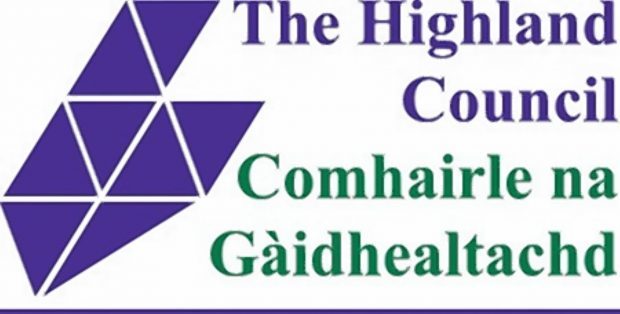Rent arrears to Highland Council now top £2.3m, councillors heard at the Care, Learning and Housing committee in Inverness yesterday.
The rising levels of arrears have prompted an increase in the council’s bad debt provision, which will rise by £500,000 this year to £1.6m.
Problems caused by the roll out of Universal Credit were largely to blame for a £670,000 increase in arrears since last April, the council’s head of housing and building maintenance David Goldie told councillors.
>> Keep up to date with the latest news with The P&J newsletter
He said tenants currently receiving Universal Credit have average rent arrears that are nearly four times higher than tenants receiving full or partial housing benefit.
At the end of November 2018 there were 2,629 known Universal Credit claimants in mainstream Highland Council housing.
Of these, 2014 are in arrears by an average of £716 per household.
Mr Goldie said rent arrears in tenants on no benefits was also relatively high.
He said: “Some of them should be in receipt of benefit, identifying the need to help them. Others maybe waiting for assessments or on Universal Credit, we don’t know.”
Mr Goldie said the council’s experience of dealing with Universal Credit cases had identified a need to modernise and review how the council deals with rent arrears, rather than using the traditional escalation process involving sending letters out.
He said: “Some of our officers are trying different approach, using text messages and telephone calls trying to engage with people on a more on-going basis. It’s slightly more resource intensive but a more effective way to manage rent arrears.”
Mr Goldie said a report would be put before councillors later in the year on changes in the council’s rent arrears practices.
